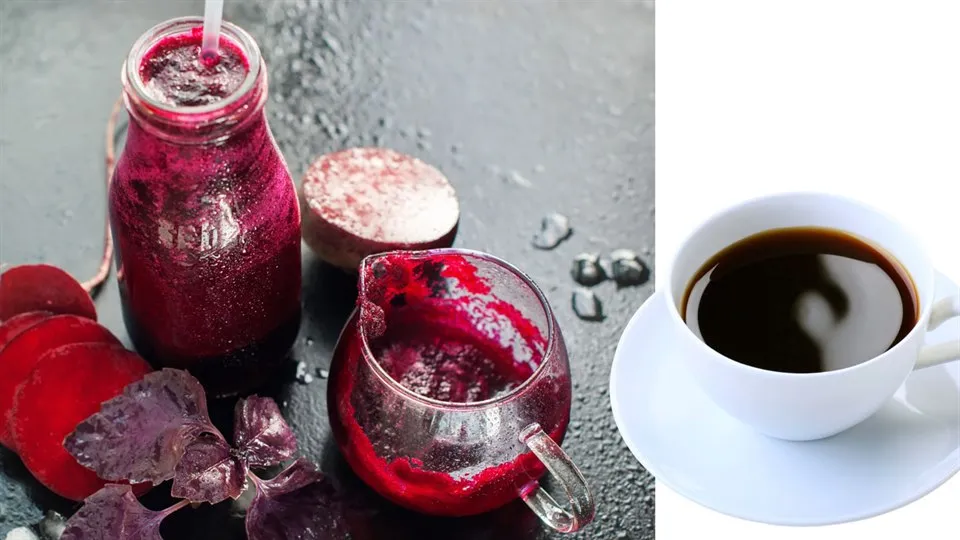Effects of combined caffeine and beetroot intake
Many athletes use dietary supplements, such as caffeine or beet root juice, in an attempt to optimise performance and therefore gain an advantage in competition.
Caffeine is popular due to its stimulating effect on the central nervous system, thereby increasing alertness and reducing the perception of effort. Previous research studies have shown that caffeine supplementation can improve the capacity for both endurance and high intensity performance.
Beetroot juice, which contains nitrate, is thought to improve blood flow regulation, muscle contraction, glucose and calcium homeostasis, mitochondrial biogenesis and respiration. Previous studies have shown that beetroot juice supplementation improves the oxygen cost of exercise (i.e., economy), as well as endurance performance and high-intensity exercise.
Given the independent beneficial effects of caffeine and beetroot juice alone, and the different physiological pathways by which they appear to act, combining the two supplements may result in an additive effect in terms of improving exercise performance.
Aim
This study is investigating the additive effects of combining caffeine and beetroot juice during submaximal and short-duration maximal treadmill running.
Applications
In certain competitive situations improvements or decrements in performance, by even very small margins, could be meaningful in terms of a race outcome or result. This study will highlight some of the physiological responses, for example heart rate, lactate and oxygen uptake, when ingesting both caffeine and beetroot juice prior to submaximal and maximal running exercise.
It will also demonstrate whether there are any performance benefits, or indeed risks, of ingesting caffeine and beetroot juice in combination. These findings are of interest to recreational and elite athletes attempting to improve their performance.
Facts
Project period
160201—170831

